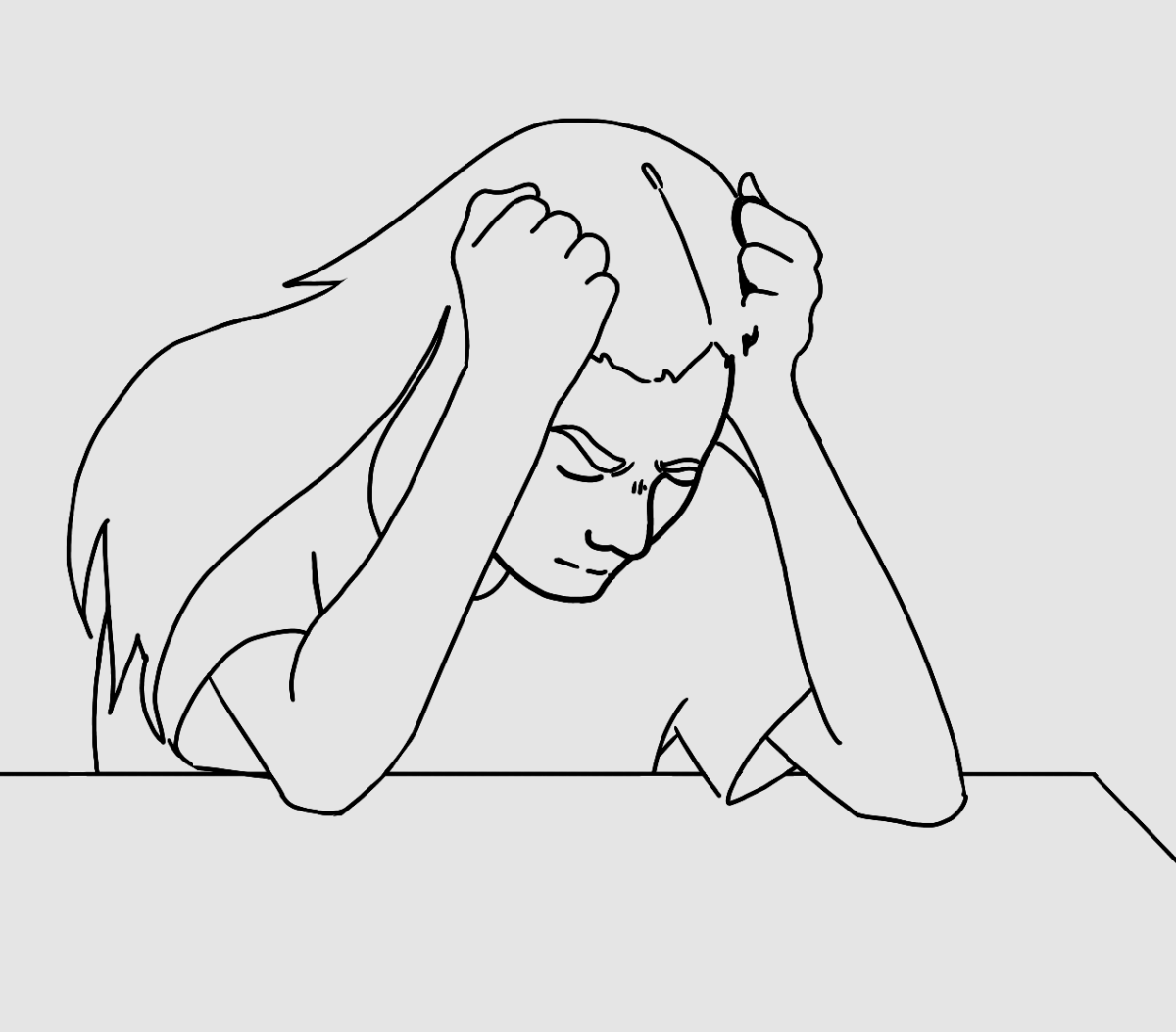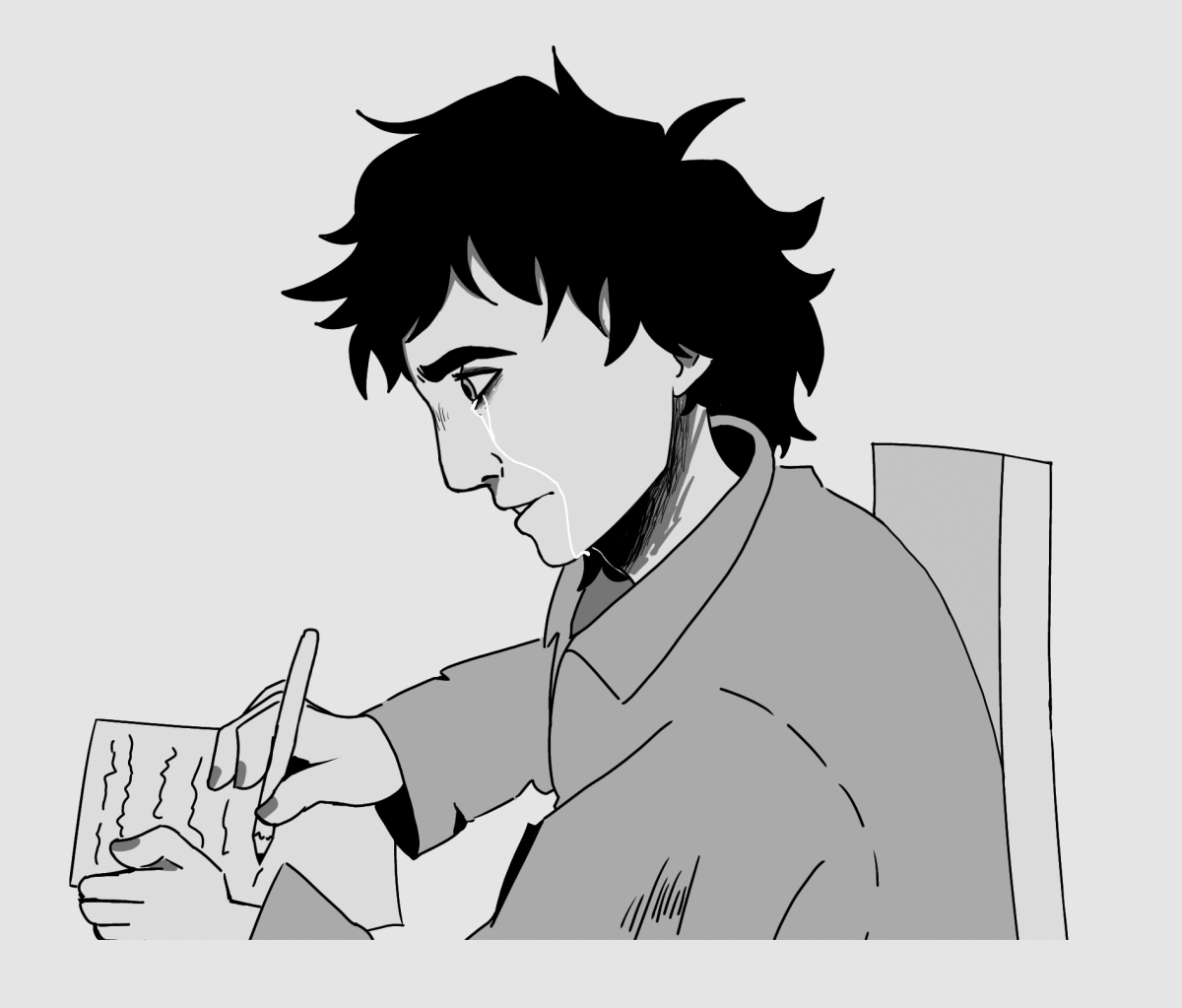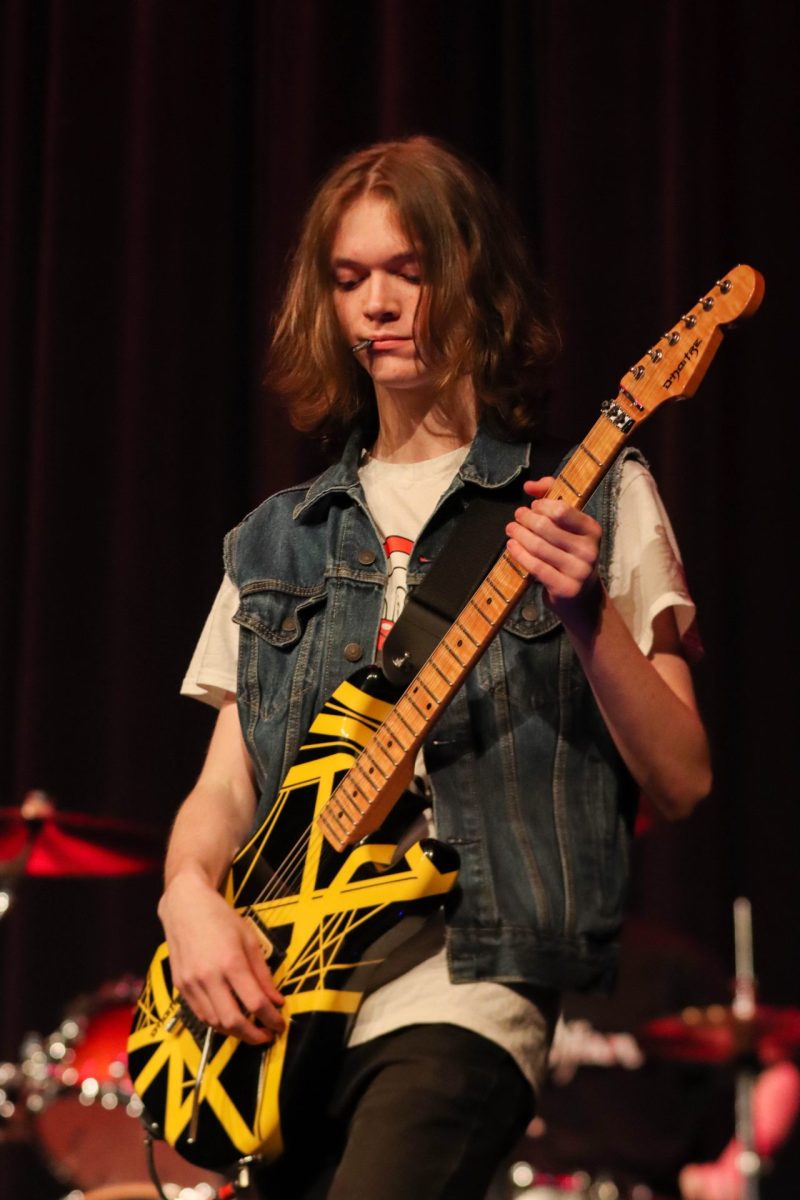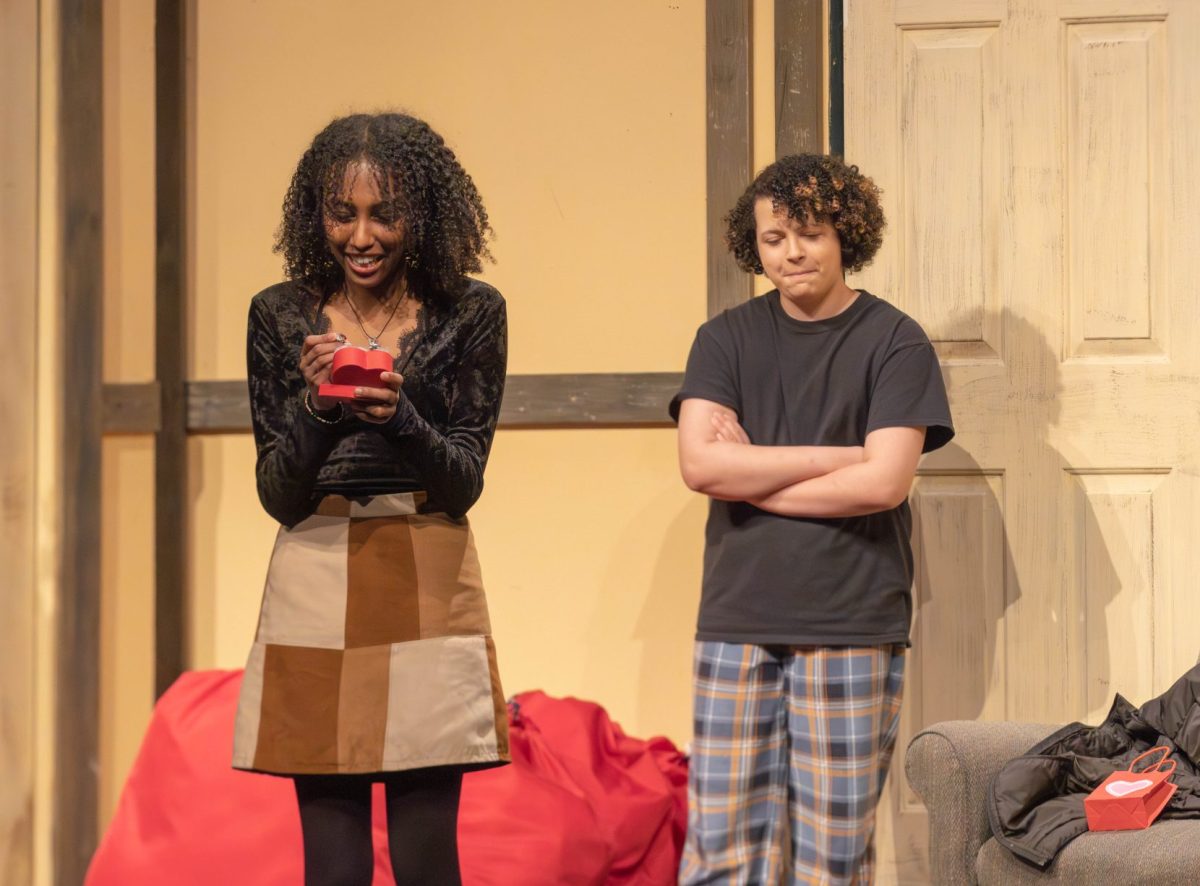In the midst of one of the most polarizing and venomous election cycles to date, many political discussions are beginning to sound more like personal attacks rather than intelligent discussion over different ideologies and their merits.
To be fair, it’s clear that this phenomenon is not limited to debates between average citizens. We all see what happens at every Democratic debate, and even more so in Republican debates: personal attacks flying back and forth with little regard for evaluation of facts or well composed, logical arguments and rebuttals.
However, just because the supposedly most qualified and popular politicians running for president are behaving this way does not mean that the MTHS community has to or should behave in the same way.
Before beginning this discussion, it’s important to recognize that this isn’t a partisan issue. The principle of civil political discourse is something that all Americans should be concerned with, not just Republicans or Democrats specifically. Most citizens today do not consider themselves affiliated with either party, in fact.
In a recent Gallup poll carried out March 2 through 6 of 2016, citizens were asked, “In politics, as of today, do you consider yourself a Republican, a Democrat, or an independent?”
Of respondents, 38 percent of citizens indicated that they were independent, while 26 percent answered Republican and 32 percent answered Democrat. Clearly, the majority of people feel no strong inclination to vote one way or another, so why is such brutal political discourse so common?
Although this is, again, not a partisan issue, it seems that much of the current entropy causing this discourse has stemmed from the conservative side of the American political spectrum. In a recent speech on “the state of American politics,” Speaker of the House Paul Ryan (R) criticized the lack of higher level political debates and average political discourse among Americans.
“Our political discourse, both the kind we see on TV and the kind that we experience among each other, it did not used to be this bad. And it does not have to be this way,” Ryan said.
Ryan’s speech cannot be regarded as mere political banter or a canned speech for an eager audience. The sentiment behind it echoes a stance and ideology far more relevant than any new conservative or liberal idea – it echoes a humanistic one. The idea that we, as human beings living in the United States, are neighbors and fellow citizens first and subscribers to political ideologies second.
Democracy and the American experiment is at its lowest point when the nation is this divided. In order to combat the things that threaten the American way of life, we must first learn to again respect and love one another as Americans before touting our own partisan beliefs. Mutual respect for one another is a critical pillar of American life, one that was first established by the founding fathers within their own meetings. It is our job to maintain its integrity.
The stress this critical pillar has undergone in recent years is not to be understated. Many people who may not be as involved in the current political atmosphere may not be aware of just how impactful this is on legislation that impacts them directly.
According to the Bipartisanship Index, a measure created by former Republican Senator Richard Lugar, Congress is increasingly partisan. Only slightly more than a third of Congress members serving from 2013-14 were ranked “bipartisan,” according to the study.
This figure measures the amount of legislation introduced by a member of Congress that is co-sponsored by a member of Congress from the other party. This figure isn’t surprising, and is slightly less than the 38 percent of ordinary Americans that identify as independent or bipartisan.
However, due to the nature of Congress and the fact that many important pieces of legislation end up splitting even that bipartisan contingent, the disdain and partisan division grows, creating gridlock and hurting Americans.
At its core, this idea of cooperation and more importantly basic respect is not a complex one, nor is it a hard one to implement. It all comes down to recognizing each and every citizen as valid and equal, and continuing to reject rhetoric introduced into our atmosphere that threatens this common ideal.
This is the most important part of ensuring the success of our great American experiment. It is important to disagree and to defend our views vigorously, but never at the cost of losing our love for one another as a united body.
Politicians and citizens alike have to work to realize that for every ounce of passion we hold for our political beliefs, someone else holds that much or more for their own, contrary beliefs. This principle is what makes America great and fostering this principle is something that the MTHS community must hold dear.






